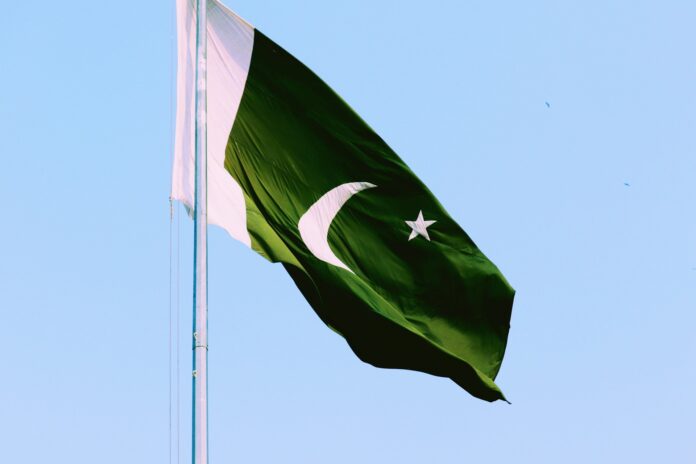Nepra’s proposal for a significant hike in basic electricity rates gets federal cabinet approval, impacting consumers and meeting IMF obligations
In a move to comply with International Monetary Fund (IMF) conditions, Pakistan’s federal cabinet has greenlit a substantial increase in the basic tariff of electricity. This decision, conveyed through a circulation summary, follows Nepra’s recommendation to raise the tariff by an average of Rs5.72 per unit.
Government sources indicate that the federal cabinet’s decision will now be forwarded to Nepra for standardization across the board. Once Nepra ratifies the decision, the federal government will issue an official notification to enforce the revised electricity tariff.
Embed from Getty ImagesUnder the terms imposed by the IMF, Pakistan is required to implement this tariff hike by July 10. The anticipated increase is expected to impose an additional financial burden of approximately Rs600 billion on electricity consumers.
Nepra’s approved adjustment sets the average basic electricity tariff for the fiscal year 2024-25 at Rs35.50 per unit, up from the current Rs29.78. The new tariff structure is slated to take effect from July 1, 2024.
Previously, the federal government had raised the basic electricity tariff by Rs7.50 in the fiscal year ending June 30, 2023, and by Rs7.91 per unit in the preceding fiscal year 2022-23. These increases were implemented differently, with last year’s adjustment being a lump sum and the earlier one phased over three stages.
Analysis:
Political Perspective: The approval of this tariff hike reflects Pakistan’s commitment to fulfilling IMF conditions, which are often criticized domestically for their impact on the cost of living. Politically, this decision may influence public opinion and affect the government’s popularity, especially amidst concerns over inflation and economic stability.
Economic Perspective: From an economic standpoint, while the tariff hike aims to bolster revenue streams and meet fiscal targets, it places a heavier financial burden on consumers. This could potentially dampen consumer spending, impact businesses reliant on affordable energy, and contribute to inflationary pressures in the broader economy.
Social Perspective: Socially, the increase in electricity tariffs directly affects households, particularly those with limited disposable income. It raises concerns about affordability and access to essential services, potentially exacerbating socio-economic disparities and hardship for vulnerable communities.
